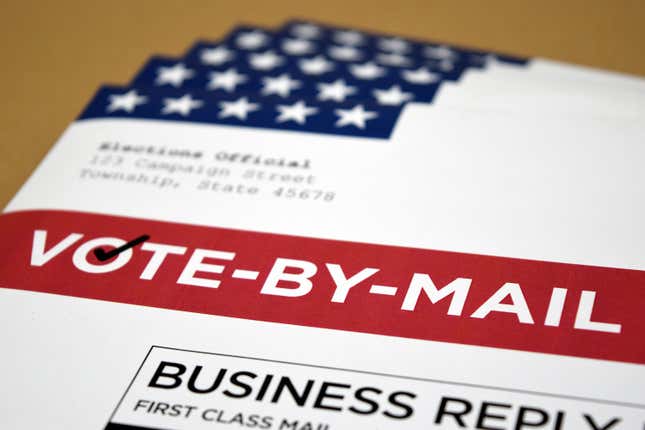
During the November midterm elections, Alabama, Louisiana, Oregon, Tennessee and Vermont will have to vote whether or not to fully abolish slavery, according to Yahoo! News. Now, we’re obviously not talking about whips and chains. We’re talking about that sly loophole in the 13th Amendment that subjects those convicted of a crime to involuntary servitude.
In other words, America’s prisoners are slaves.
According to the American Civil Liberties Union, out of the 1.2 million people incarcerated in the country, two thirds of them are subject to forced labor. Now these five states have to decide whether to strike down involuntary prison labor. Isn’t it ironic how so many people are in denial about slavery and think it’s long gone? In reality, it’s evolved and become more sophisticated.
When Black people were freed, they were incarcerated at a disproportionate rate, victim again to the cycle of institutionalized racism.
Here’s what more advocates told Yahoo! News about the situation:
“We know from speaking with formerly imprisoned persons that prisoners can be denied calls from their family, they may be sent to solitary and they may even be denied parole for refusing to work,” said Krysta Bisnauth, senior advocacy officer at Freedom United.
So far three states have removed the exception from the 13th Amendment in their state constitutions. “In 2018, Colorado became the first state since Rhode Island, which was the only state to fully abolish slavery prior to the 13th Amendment. And then Utah and Nebraska, followed in 2020,” Bisnauth explained.
On the national front, Sen. Jeff Merkley, D-Ore., and Rep. Nikema Williams, D-Ga., last year proposed an Abolition Amendment to remove the exception for slavery in the Constitution.
Bianca Tylek, executive director of Worth Rises, says that the criminal justice advocacy organization is hoping to capitalize on the bipartisan response it has received. “We have over 170 co-sponsors in the House, and are quickly moving to [obtain] additional co-sponsors, and call for action this year,” Tylek said.
According to Prison Policy, not only do incarcerated individuals make little to no money for their work, about 86 cents an hour. Plus, it’s not like they’re in there learning useful tools or skills about business and work ethic. Instead (against their will), they’re filling the pockets of 4,100 major corporations who profit from private prison labor, according to Worth Rises.
Currently, conservatives are trying bury the slavery as if its legacy doesn’t stick out like a sore thumb. This slavery loophole being on the ballot proves they can’t escape it. Though, it also reminds us, we can’t escape it.

